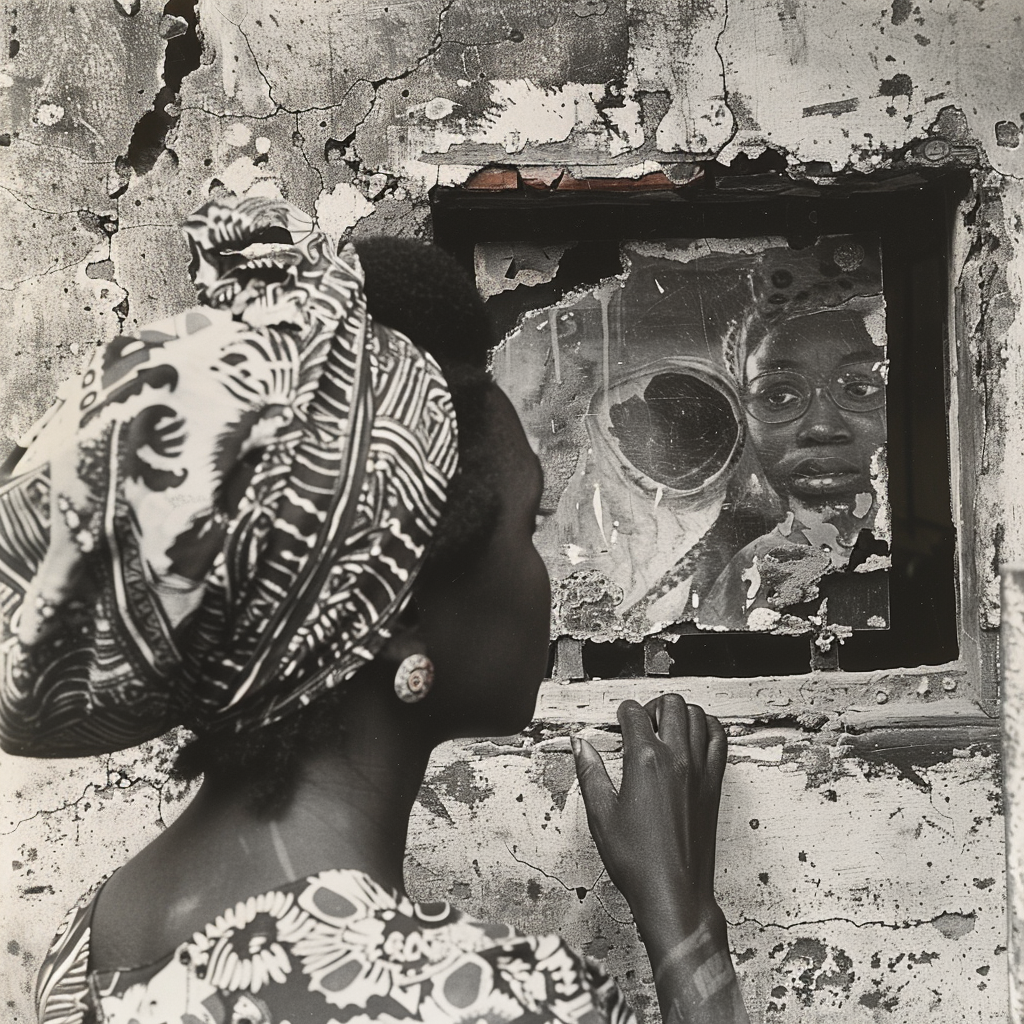In the vast tapestry of African historiography, the study of conflict and peace occupies a prominent place, weaving together the threads of wars, revolutions, and peacebuilding efforts that have shaped African societies over the centuries. Join us as we delve into this multifaceted field, exploring how conflicts and peacemaking have influenced African history and reshaped historical narratives.
The Crucible of Conflict
Conflict has been a recurrent feature of African history, leaving indelible marks on societies and landscapes across the continent. Historians examine the myriad causes and consequences of conflicts, from inter-ethnic rivalries and colonial conquests to civil wars and decolonization struggles. These conflicts have resulted in profound social, political, and economic upheavals, leading to displacement, suffering, and loss of life. By tracing the origins, dynamics, and legacies of conflicts, historians offer insights into the complexities of African history and the enduring impact of violence on African societies.
Rise of Revolutionary Movements
Revolutionary movements have played a transformative role in African history, challenging colonial rule, oppressive regimes, and social inequalities. Historians explore the rise of revolutionary leaders and movements, such as Kwame Nkrumah in Ghana, Amílcar Cabral in Guinea-Bissau, and Nelson Mandela in South Africa, who led struggles for independence, liberation, and social justice. These movements mobilized people across the continent, inspiring hope for a better future and reshaping the political landscape of Africa. By examining the ideologies, strategies, and legacies of revolutionary movements, historians shed light on the complexities of African struggles for freedom and self-determination.
Pathways to Peace
Despite the prevalence of conflict, African history is also replete with examples of peacemaking and reconciliation efforts. Historians investigate the diverse pathways to peace, from diplomatic negotiations and peace agreements to grassroots initiatives and community-based reconciliation processes. These efforts have sought to address the root causes of conflicts, promote social cohesion, and build sustainable peace in African societies. By highlighting the contributions of peacemakers, mediators, and peacebuilders, historians illuminate the possibilities for peaceful coexistence and conflict resolution in Africa.
Reshaping Historical Narratives
Conflict and peace studies have reshaped historical narratives, challenging simplistic portrayals of Africa as a continent plagued by violence and instability. Historians offer nuanced analyses that interrogate the complexities of conflicts and peacemaking efforts, situating them within broader historical contexts and exploring their impacts on African societies. By centering the voices and experiences of those affected by conflicts and peacebuilding efforts, historians offer more inclusive and empathetic interpretations of African history that honor the resilience, agency, and aspirations of African peoples.
Weaving a Tapestry of Understanding
In conclusion, conflict and peace studies are integral to African historiography, unraveling the threads of history to reveal the complexities of African societies and the human experience. By exploring conflicts and peacemaking efforts, historians offer insights into the dynamics of power, resilience, and transformation that have shaped African history. As we navigate the complexities of the past, it is essential to heed the lessons of history and work towards a future of peace, justice, and reconciliation in Africa and beyond. In weaving a tapestry of understanding, we honor the diverse voices and experiences that enrich Africa’s rich and complex history.
Related Articles
- Global Perspectives in African Historiography: Tracing Interconnected Histories
- Conflict and Peace in African Historiography: Unraveling the Threads of History
- Digital Histories of Africa: Navigating the Technological Terrain
- Postcolonial African Historiography: Reclaiming Narratives, Rewriting Histories
- Gender Perspectives in African Historiography: Unveiling Hidden Narratives
- Oral History and Memory in African Historiography: Preserving Voices of the Past
- Decolonizing African Historiography: Embracing Indigenous Narratives and Perspectives
- Colonial Perspectives in African Historiography: Unveiling the Shadows of the Past
- The Evolution of African Historiography: Unraveling the Threads of Time



